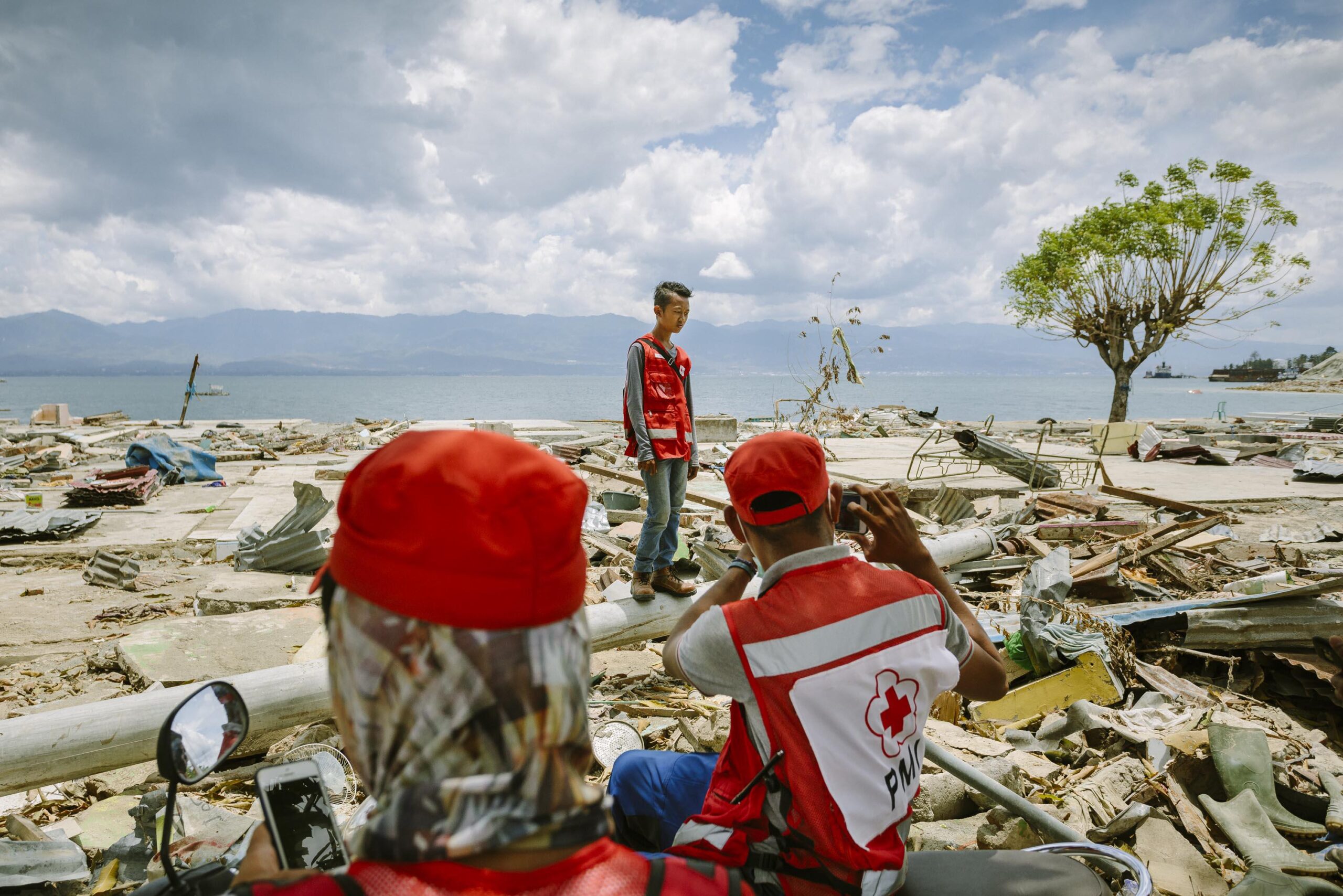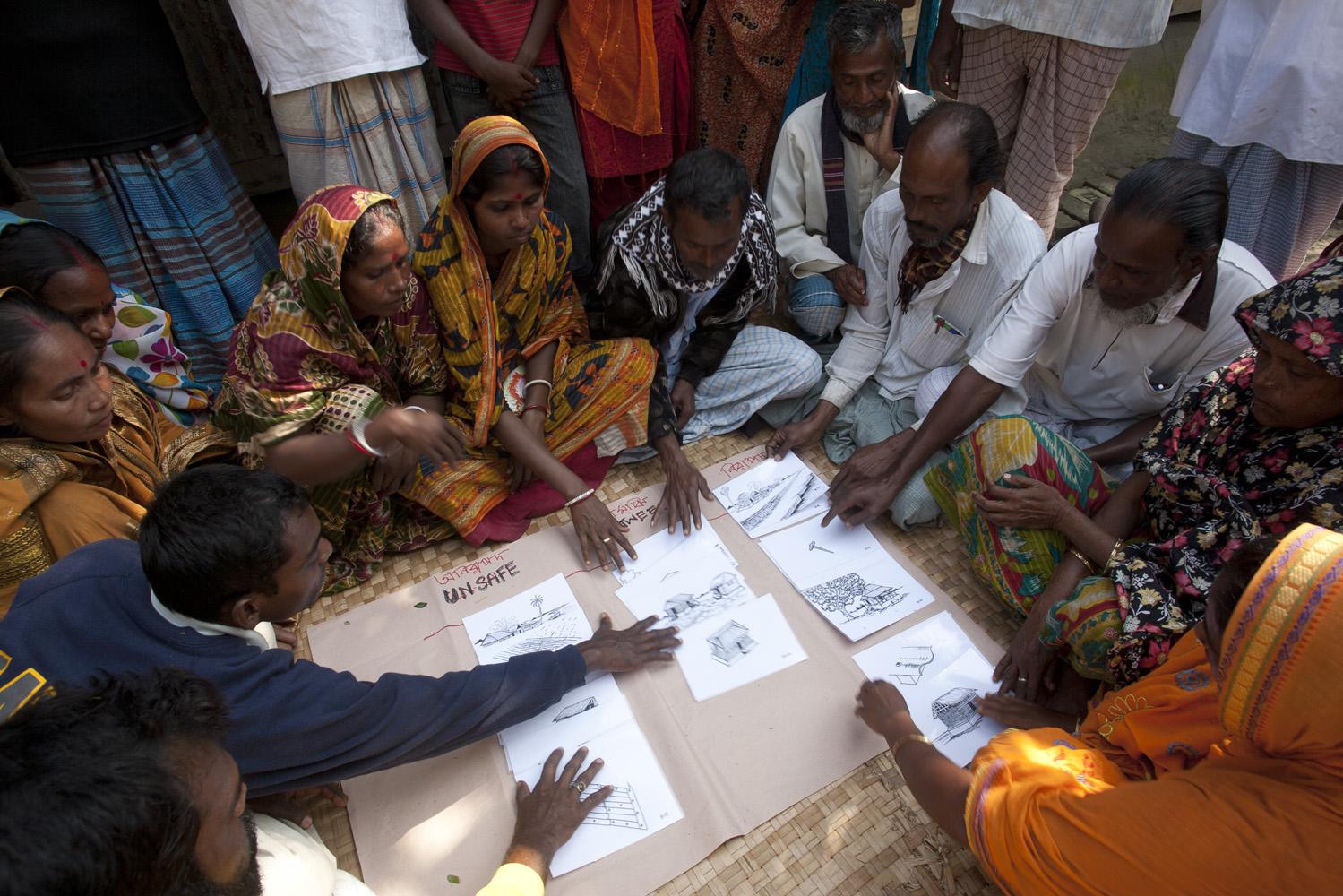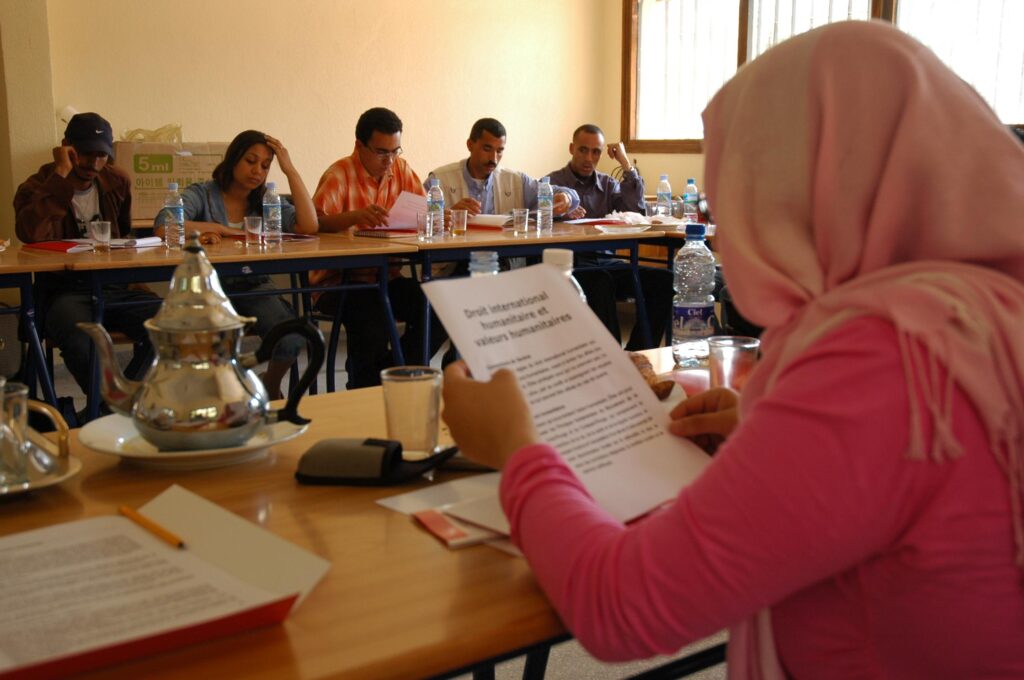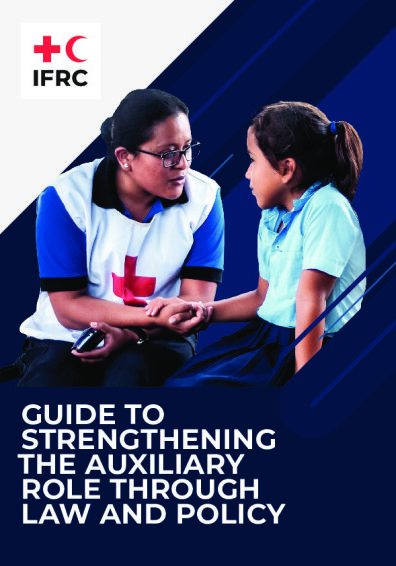Disaster Law
Disasters cause enormous human suffering and loss, but the right laws and policies can help keep communities safe and reduce disaster impact. Disaster Law seeks to reduce human vulnerability by promoting legal preparedness for disasters and playing a critical role in reducing disaster risk.

Why disaster law?
Laws and policies underpin all aspects of disaster risk management. They form the often-invisible foundation of disaster risk management, protecting and preparing communities all around the world. Despite significant improvements in recent decades, many countries still need to strengthen their disaster laws to effectively manage the risks and impacts of disasters.
Legal gaps in disaster risk reduction can reduce the resilience of communities to disasters. Without a strong legal framework for disaster preparedness and response, critical preparedness activities may be missed, and authorities can be overwhelmed during response operations. This results in more severe disaster impacts and delays to lifesaving assistance for the people who need it most.
At the community level, where disasters usually have the most significant impact, good laws help make communities safer and more resilient by encouraging participation in disaster risk reduction activities. Specifically, effective legislation can:
- promote the involvement of communities and civil society in disaster risk reduction activities and planning guarantee adequate funding for risk reduction at the community level;
- mandate education about disaster risk;
- set realistic and enforceable standards for land management and construction at the community level;
- ensure community-level risk mapping.
In the face of climate change, pandemics, and increasingly frequent and intense disasters, the need for effective disaster laws is ever-increasing. The importance of domestic disaster laws, policies and plans is supported by three key international instruments: the Sendai Framework; the Sustainable Development Goals; and the Paris Agreement.

What is IFRC Disaster Law?
IFRC Disaster Law is a program of the IFRC which aims to save lives and keep communities safe through more effective disaster laws, policies, and plans. IFRC Disaster Law works with National Red Cross and Red Crescent Societies and governments to strengthen disaster risk governance through the development and implementation of disaster- and emergency-related instruments. With 20 years of experience in developing and implementing disaster law and policy around the world, IFRC Disaster Law is the global leader in providing disaster law technical advice to governments.
How does IFRC Disaster Law work?
IFRC Disaster Law works in three main areas:
- providing technical assistance and advice to governments that are reviewing their domestic disaster laws and policies, and to inter-governmental organizations that are reviewing their regional disaster risk management mechanisms;
- conducting capacity building on disaster law;
- conducting and publishing research and guidance on all aspects of disaster law.
With a team of regional and in-country advisors and in partnership with National Societies, IFRC Disaster Law supports countries through long term programming and localized support. Its mandate is derived from resolutions of the International Conference of the Red Cross and Red Crescent, which mandate National Societies to support their governments in developing and implementing effective disaster management legal and policy frameworks and IFRC to support states and National Societies through the three areas mentioned above.
The Auxiliary Role of RCRC National Societies
This Guide provides practical guidance to National Societies about how to strengthen their auxiliary role through domestic law, policies, plans and agreements — particularly in the areas of disaster risk management, health, migration and social welfare.
IFRC Disaster Law’s focus areas
IFRC Disaster Law advocates for a comprehensive approach to disaster risk management that addresses all of the following key thematic areas:
a. disaster preparedness and response
b. climate-smart disaster risk reduction
d. international disaster response
f. the auxiliary role of National Societies
Protection, gender and inclusion is a key cross-cutting theme for all aspects of disaster risk management. This is because women, children, older people, people with disabilities and many other groups may be disproportionately impacted by disasters, climate change and public health emergencies. People with vulnerabilities during ‘normal times’ are at risk of being left behind in disaster preparedness and response and left out of decision-making that affects them. IFRC Disaster Law advocates for the inclusion of vulnerable groups in the design and implementation of disaster laws, policies and plans.

Disaster law resources
IFRC Disaster Law has developed several resources designed to increase understanding and awareness of disaster law not only within the Red Cross and Red Crescent Movement but also within government, civil society, the humanitarian sector, and academia. Some of the resources developed by IFRC Disaster Law are open access while others are available upon request to disaster.law@ifrc.org.

